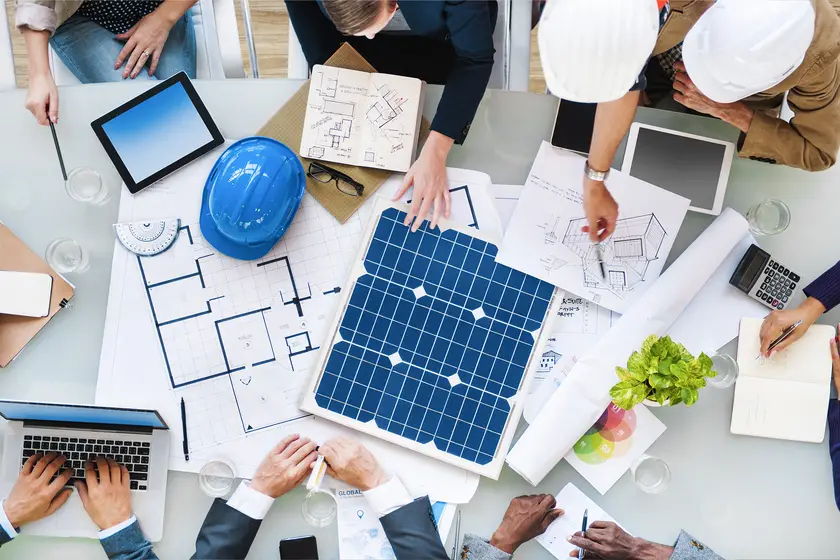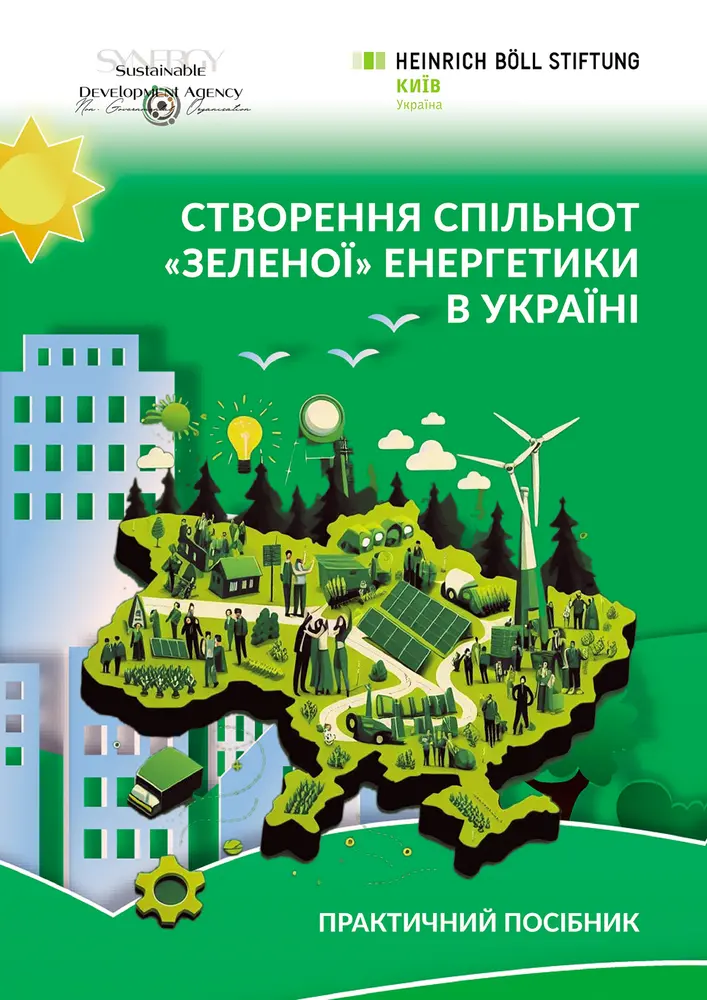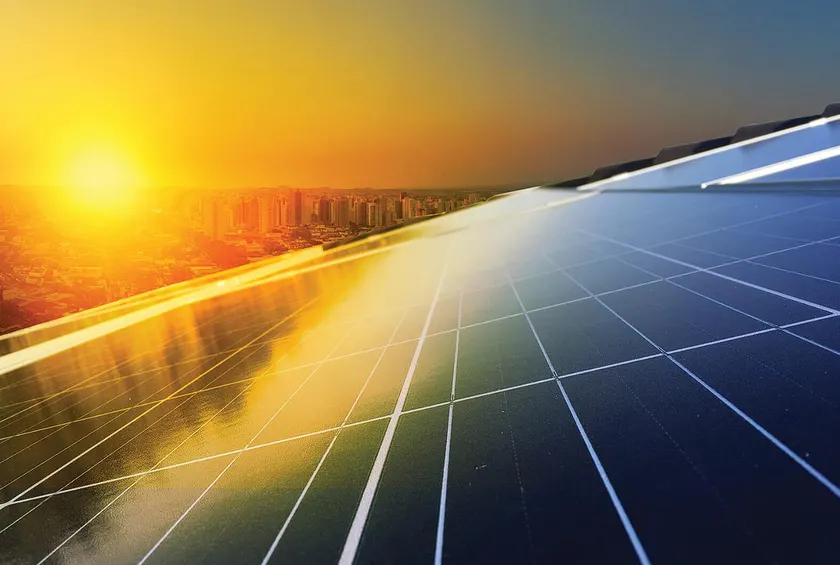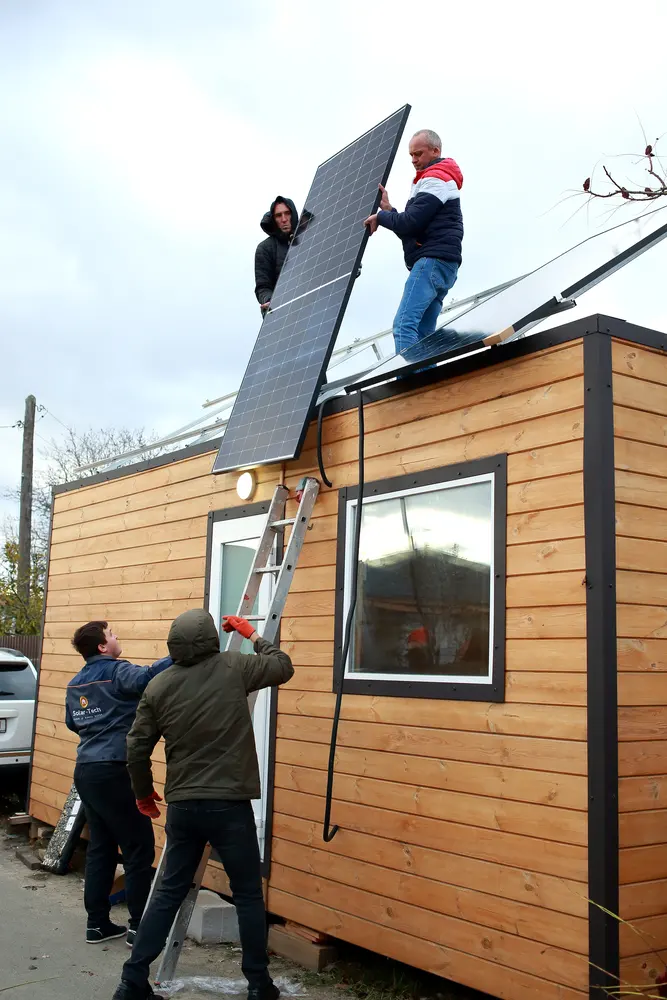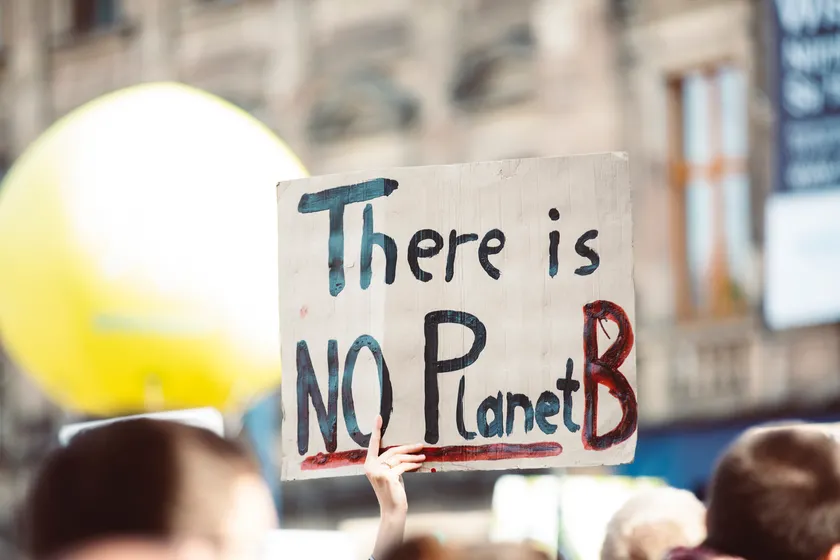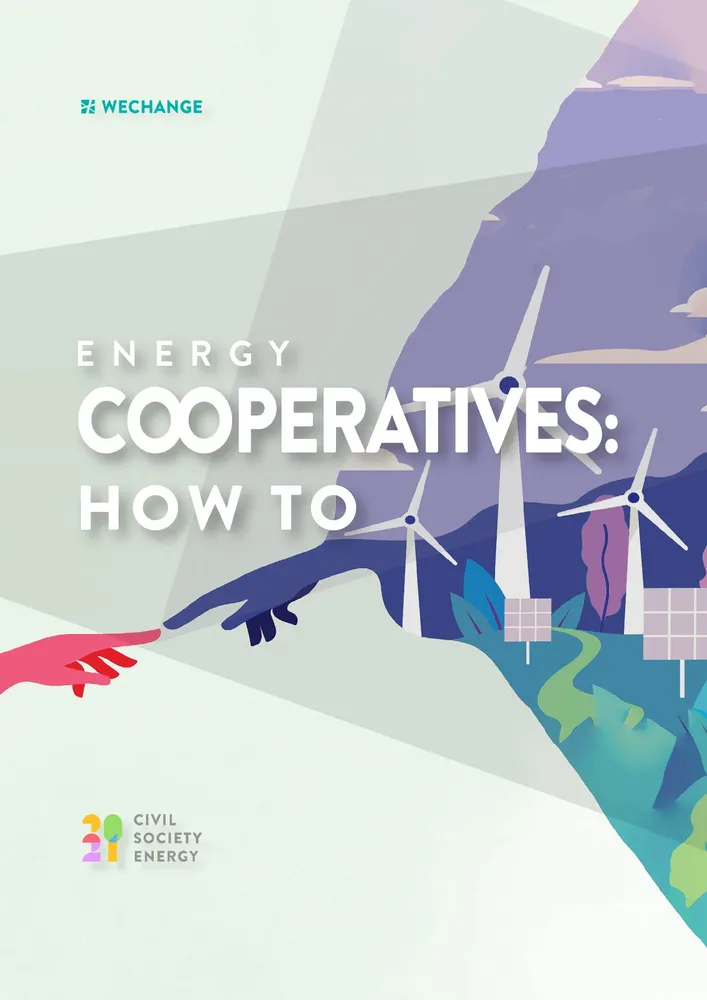Decentralised electricity production and constructing generation sources as close as possible to end users is a general European trend. It is obvious that renewable energy sources (RES) have more advantages over fossil fuels: "green" energy is environmentally neutral and its sources can be installed directly near the consumer. Especially photovoltaic and wind power plants are leaders in a decentralised generation.
Creating a new source of power production is a process that requires a significant amount of investment. One way to raise capital is to create an energy cooperative. Energy cooperatives are associations of individuals, businesses and organisations. Their goal is to implement various local renewable energy projects. They aim to produce green energy in a decentralised, environmentally friendly manner, independent of companies and concerns.
Legislative regulation of energy cooperatives
The trend towards the development of energy cooperatives is encouraging lawmakers to change the legal framework for the implementation of energy projects. What do current Ukrainian laws say about this? The activities of energy cooperatives are regulated, among other things, by the Laws of Ukraine "On Alternative Energy Sources", "On Cooperation" and "On Consumer Cooperation". Energy cooperatives are legal entities that produce, procure or transport fuel and energy resources. They can also provide other services that meet the needs of members of the cooperative or the local community and are aimed at making a profit.
What is the logic of an energy cooperative? For example, a private individual who is not a core investor in the electricity sector can invest a part in a solar or wind power plant and receive a steady income from the electricity sold by the energy cooperative. The model of selling the electricity produced by the cooperative to the State Enterprise "Guaranteed Buyer" at the green tariff is quite convenient ("Guaranteed Buyer" is a state-owned trader that buys electricity from producers under feed-in tariffs and sells this electricity on the organised day-ahead and intraday markets). However, compared to the rate introduced in 2009, the current cost of selling electricity at the green tariff has significantly decreased. Therefore, the members of an energy cooperative may decide to sell their electricity to another buyer by the decision of the general meeting. What is required for this?
Withdrawal from the balancing group of Guaranteed Buyer
In July 2022, the Law "On Peculiarities of Regulation of Relations in the Natural Gas Market and in the Field of Heat Supply during the Martial Law and Subsequent Restoration" (No. 7427) was adopted. It significantly liberalises the procedure for replacing the Guaranteed Buyer, which guarantees the purchase of all electricity produced, with another trader.
Thus, cooperatives that produce renewable energy and sell it at a green tariff or auctions have the right to withdraw from the balancing group of the Guaranteed Buyer following the relevant market rules and requirements. In this case, the electricity purchase and sale agreement under the feed-in tariff or the auction-based support agreement is temporarily suspended. As a result, an additional agreement on the suspension of the contract is concluded between the Guaranteed Buyer and the cooperative. Energy cooperatives have the right to re-enter the balancing group of the Guaranteed Buyer and renew the power purchase agreement at the feed-in tariff.
Energy cooperative as an "active consumer"
Who will buy the electricity produced by the cooperative? The Guaranteed Buyer may be replaced by the same enterprise that hosts the renewable energy facility of the energy cooperative. Thus, on 13 February 2023, draft Law No. 9011 was registered, which aims to make changes to improve support for alternative energy production. The draft law stipulates that a consumer whose internal grids are connected to renewable energy sources and energy storage facilities acquires the status of an "active consumer". Thus, energy cooperatives will become "active consumers" of their electricity.
This model has several advantages for energy cooperatives:
- Energy cooperatives that own photovoltaic panels and electricity storage facilities can directly connect their installations to the electricity grids of other consumers without paying for such connections.
- Cooperatives may generate electricity to the network of the distribution or transmission system operator within the limits of the capacity allowed for connection.
- By obtaining the status of an active consumer, energy cooperatives can access long-term credit capital (5% for 10 years).
- Sell electricity to the Electricity Supplier and accumulate funds on their account to pay for the consumed electricity in the future during hours when consumption is higher than electricity produced from their source (net-metering). However, the period during which such funds can be accumulated is no more than 1 year.
- The energy cooperative does not pay for the distribution and transmission of electricity that comes from solar panels and batteries directly to the electrical installations of the energy cooperative members.
This model is quite convenient, as it allows selling electricity from the energy cooperative to the end consumer without charging transmission and distribution fees for the amount of electricity consumed by the consumer from the energy cooperative's facility.
The future belongs to the brave
So, Ukrainian lawmakers are already actively working to create favourable conditions for the operation of energy cooperatives. This model of energy community has great potential for development. Thanks to the model of joint renewable energy generation, members of energy cooperatives - households, businesses, communities, etc. - can ensure their energy independence, reduce the cost of electricity bills, create new jobs and make an essential contribution to combating climate change.
At the same time, own-generation sources are a step towards increasing the energy independence of every household and enterprise that installs them. Uninterrupted production of goods and services is impossible without a stable electricity supply. An energy cooperative is a key to energy security that can be used today.
Serhiy Kravchuk, PhD, is an experienced expert in the electricity market and the director of "KNESS Energy" in Ukraine.

